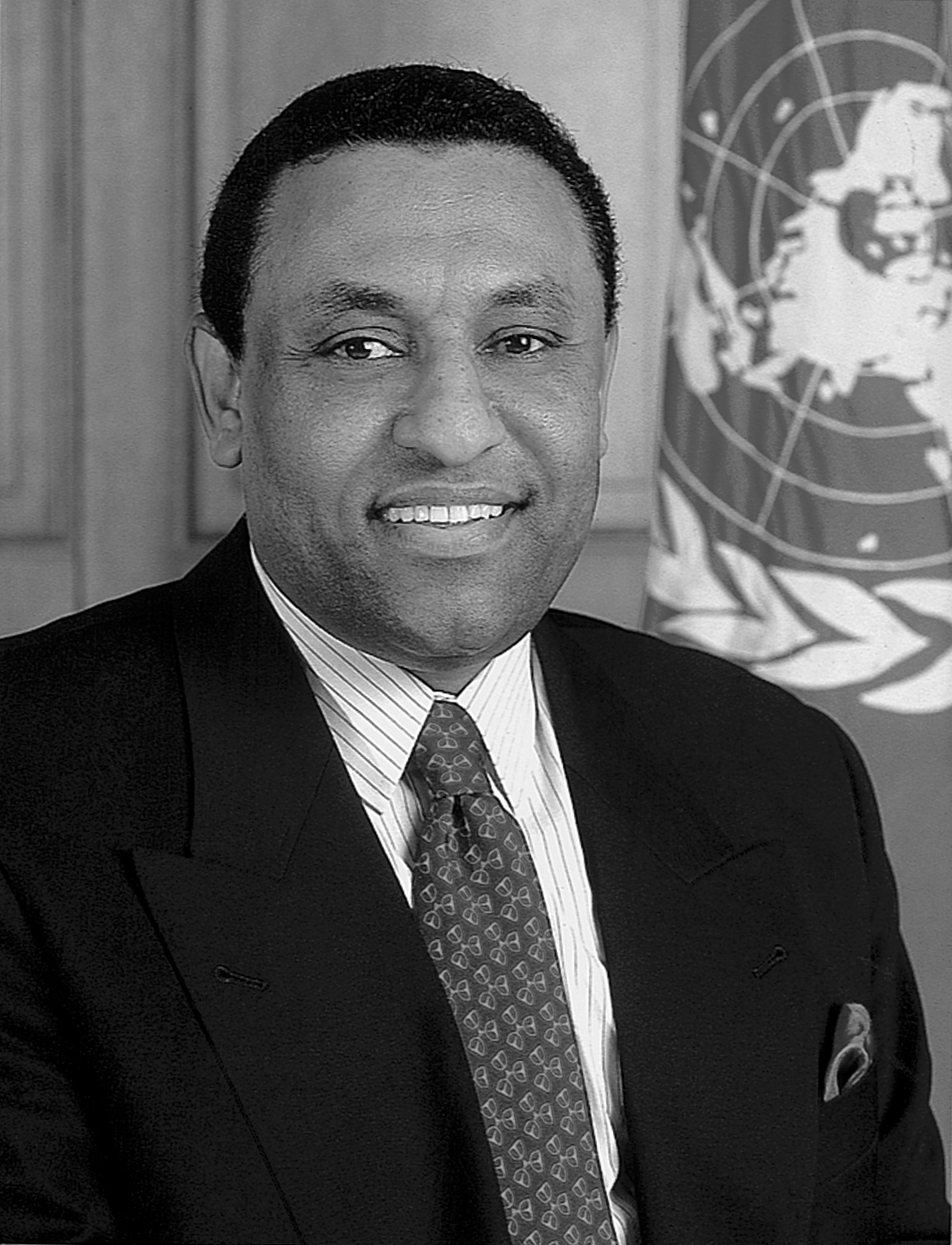Sudans Port Sudan authorities to appoint new Prime Minister in major Political shift


PORT SUDAN – Sudan’s de facto government based in port Sudan is preparing to announce the appointment of a new prime minister, signaling a significant political shift within the administration aligned with the Sudanese Armed Forces (SAF). The decision, according to senior officials, includes the cancellation of the mandate previously granted functions of the Prime Minister on an interim basis.
The upcoming appointment is expected to trigger the dissolution of the current cabinet and the formation of a new government. This restructuring is reportedly being undertaken in accordance with provisions of the 2019 constitutional Declaration, a document that, despite being largely sidelined since the 2021 military coup and the 2023 outbreak of war, continues to serve as a reference point for governance reforms in certain official circles.
The individual expected to assume the role of Prime Minister is Kamal Idris, a seasoned international diplomat and former Director General of the World Intellectual property organization. His anticipated selection is being positioned as part of a broader effort to restore administrative order and legitimacy to the Port Sudan-based authorities, which have struggled to assert effective control and governance amid the ongoing civil conflict.
Since the outbreak of fighting between the SAF, and the paramilitary Rapid Support Forces (RSF) in April 2023, Sudan’s political and institutional landscape has been fractured. Khartoum and significant areas of Central and western Sudan remain outside the control of the Port Sudan administration, limiting its reach and raising questions about its legitimacy both nationally and internationally.
The restructuring initiative is being interpreted as an attempt by the Port-Sudan based government to consolidate power, project stability, and reinvigorate the transitional process. The incoming prime minister is expected to form a new cabinet that aligns more closely with the objectives of the military-backed leadership, while seeking to re-engage regional and international stakeholders.
Despite these developments, the context in which this transition is occuring remains deeply challenging. The humanitarian situation in Sudan continues to deteriorate, with millions displaced, basic services disrupted, and widespread food insecurity looming across large parts of the country. Efforts to negotiate a ceasefire or reach a political settlement have thus far yielded limited results, and international mediation efforts have struggled to gain traction.
Furthermore, any new government formed under the current conditions faces significant obstacles in securing broad-based legitimacy. The exclusion of key civilian political actors and the absence of inclusive political dialogue undermine the prospects for national reconciliation and durable governance.
The Port Sudan government, operating from relatively stable region, has emerged as the administrative center for the SAF-aligned authorities. However, its capacity to govern effectively across Sudan’s fragmented political landscape remain in question. the appointment of a new Prime Minister, while symbolically important, is unlikely to resolve the deeper structural and political crises without parallel progress on Security, dialogue, and national consensus.
As Sudan continues to navigate on the most complex and destructive periods in its post-independence history, the international community is closely monitoring developments in Port Sudan. The success of the upcoming political transition will depend not only on leadership changes but also on the ability to initiate an inclusive process that addressed the underlying drivers of conflict and instability.
sudanspost.com